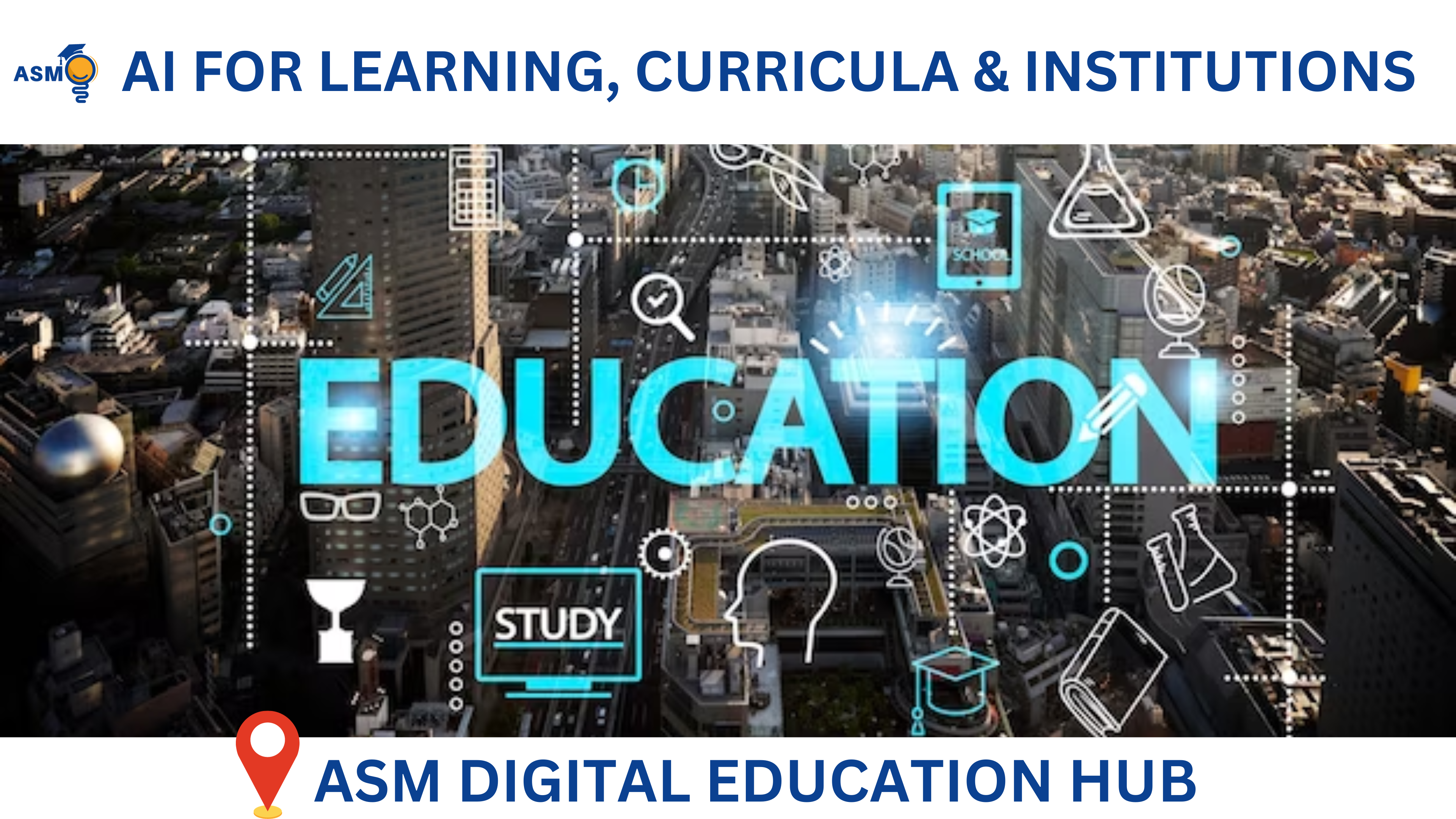Artificial intelligence (AI) is rapidly transforming the landscape of higher education, impacting learning, curricula, and institutions themselves. This document delves into the details of these implications, exploring both the potential benefits and challenges presented by this powerful technology.
1. Implications for Learning:
- Personalized Learning: AI-powered adaptive learning platforms can tailor educational experiences to individual student needs and learning styles. This can lead to improved engagement, understanding, and retention.
- Enhanced Feedback and Assessment: AI-driven tools can provide real-time feedback on student performance, identify areas of difficulty, and recommend personalized learning strategies. This can improve the effectiveness of assessment and support students in achieving their learning goals.
- Virtual Learning Environments: AI-powered virtual reality (VR) and augmented reality (AR) tools can create immersive learning experiences that transcend physical limitations and bring abstract concepts to life. This can enhance student engagement and understanding in various fields, from medicine to engineering to history.
- Automated Tutoring and Support: AI-powered chatbots and virtual assistants can provide 24/7 support to students, answering questions, offering guidance, and alleviating feelings of isolation. This can improve student satisfaction and promote academic success, especially for those facing challenges or studying remotely.
2. Implications for Curricula:
- Focus on Critical Thinking and Creativity: With AI automating routine tasks, curricula can shift towards developing critical thinking, problem-solving, and creative skills that are uniquely human and essential for success in the AI-driven future.
- Integration of AI Literacy: Curricula can incorporate modules on AI fundamentals, ethics, and responsible use, equipping students with the knowledge and skills to navigate the increasingly AI-powered world.
- Interdisciplinary Collaboration: AI applications often require expertise from various disciplines. Curricula can foster interdisciplinary collaboration and communication, preparing students for the complex challenges and opportunities presented by AI integration.
- Evolving Field of Study: As AI rapidly advances, curricula need to be flexible and adaptable to incorporate the latest developments and applications. This may require continuous assessment and updating of course content and teaching methods.
3. Implications for Institutions:
- Operational Efficiency and Cost Reduction: AI can automate administrative tasks, streamline processes, and personalize student experiences, leading to cost savings and improved operational efficiency. This can free up resources for core academic activities and student support.
- Data-Driven Decision Making: AI-powered analytics can provide valuable insights into student performance, learning patterns, and institutional effectiveness. This data can inform strategic decision-making, resource allocation, and curriculum development.
- Accessibility and Inclusivity: AI-powered tools can remove barriers to learning for students with disabilities or those facing geographical or financial challenges. This can promote inclusivity and equity in higher education.
- Ethical Considerations: Institutions must carefully consider the ethical implications of AI implementation, such as bias, privacy, and the potential for job displacement. Clear guidelines and policies are needed to ensure responsible and ethical use of AI in higher education.
Conclusion:
The integration of AI into higher education presents both exciting opportunities and significant challenges. By embracing the potential of AI while addressing ethical concerns and adapting to the evolving landscape, institutions can create a more personalized, effective, and equitable learning experience for all students, preparing them for success in the AI-powered future.
Additional Points to Consider:
- The role of faculty will evolve, with AI likely taking over some routine tasks, while faculty will focus on higher-level guidance, mentorship, and fostering critical thinking skills.
- The accessibility and affordability of AI technology need to be addressed to ensure equitable access to its benefits for all students.
- Continuous research and dialogue are needed to understand the long-term impact of AI on higher education and develop best practices for its responsible and effective integration.
I hope this detailed information provides a comprehensive overview of the implications of AI for learning, curricula, and institutions in higher education.
# Feel free to ask any further questions you may have!

